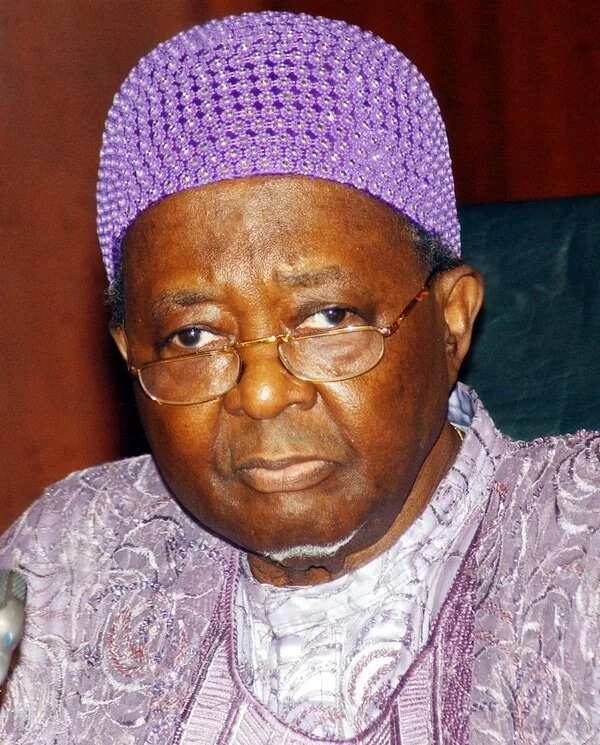Yoruba Tradition: How Ooni Of Ife's Death Should Be Announced
Yoruba people have been one of the most dominant groups in the country with a very rich culture.
The religion of the people comprise of traditional religious and spiritual concepts and practices of the Yoruba people.

The Yoruba's are realistic and pragmatic about their attitude to death. In Yoruba belief, death is not the end of life; rather, it is a transition from one form of existence to another.
There is a belief in an afterlife that is a continuation of this life, only in a different setting, and the abode of the dead is usually placed at a place just outside of this abode, and is sometimes thought of as separated by a stream.
Traditionally, the passage of the Ooni, who is referred to as the second-in-command to the deities, should not be announced until the various levels of rites of passage have been completed. The Ooni is an institution and a royal stool, and not a person.
READ ALSO: 10 Facts You Probably Didn’t Know About The Late Ooni Of Ife
Therefore, it is absolutely a taboo for any prince, royal family and palace chiefs to break the news without clearance or approval from the appropriate traditional quarters.
One of the rites of passage includes an announcement by the Lowa, who would announce the passage upon the sounding of a bell at the Enu-Owa square located in front of the palace.
The process of breaking the news to the public would start from the eldest prince, who would tell the traditional council and the Ife traditional council would, in turn, inform the Osun State Council of Traditional Rulers.
The Osun state Council of Traditional Rulers, would subsequently inform the governor of the state officially after which the rites of passage would commence.
After the rites of passage have been completed, the Lowa of Ife would come to the main entrance where he would beat the gong and announce the demise of the Ooni to the public.
The media is not supposed to break the news of the death of the monarch to the public, however such news can't be hidden because of the advancement in technology.
As the Ooni of Ife, the Oba presides over what is believed to be the cradle of Yoruba land. Accordingly, the Oòni of Ife claims direct descent from Oduduwa, the mythical son of Olodumare the supreme God and is counted first among the Yoruba kings.
He is traditionally considered the 401st spirit (Orisha), the only one that speaks. In fact, the royal dynasty of Ife traces its origin back to the founding of the city more than 2,000 years ago.
Also, only the Ooni’s voice was trusted by the colonial masters in ascertaining the authenticity of claims and counter-claims to royal crowns by the children of Oduduwa.
READ ALSO: PHOTOS: Meet Ooni Of Ife’s Beautiful Wives And Children
Alayeluwa Oba Okunade Sijuwade, became the 50th Ooni of Ife on 6 December, 1980, taking the name Olubuse II.
He was born to the Ogboru ruling house, Sijuwade was the grandson of the Ooni Sijuwade Adelekan Olubuse I. He studied at Abeokuta Grammar School and Oduduwa College in Ile-Ife. He worked for three years in his father's business, then for two years with the Nigerian Tribune, before attending Northampton College in the United Kingdom to study business management.
Sijuwade fulfilled his destiny in December 1980, as he had prepared for the throne in advance. It was a great privilege for him to succeed Aderemi, a former member of the House of Representatives and minister.
He contributed immensely to the rehabilitation of the palace during Aderemi’s reign. Prince Sijuwade was a king-in-waiting. Yet, there was no rivalry and mistrust between him and Sir Aderemi, who had ‘adopted’ him as a son.
Source: Legit.ng
